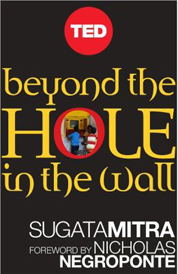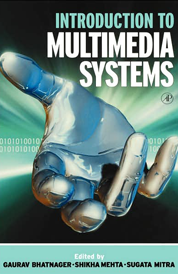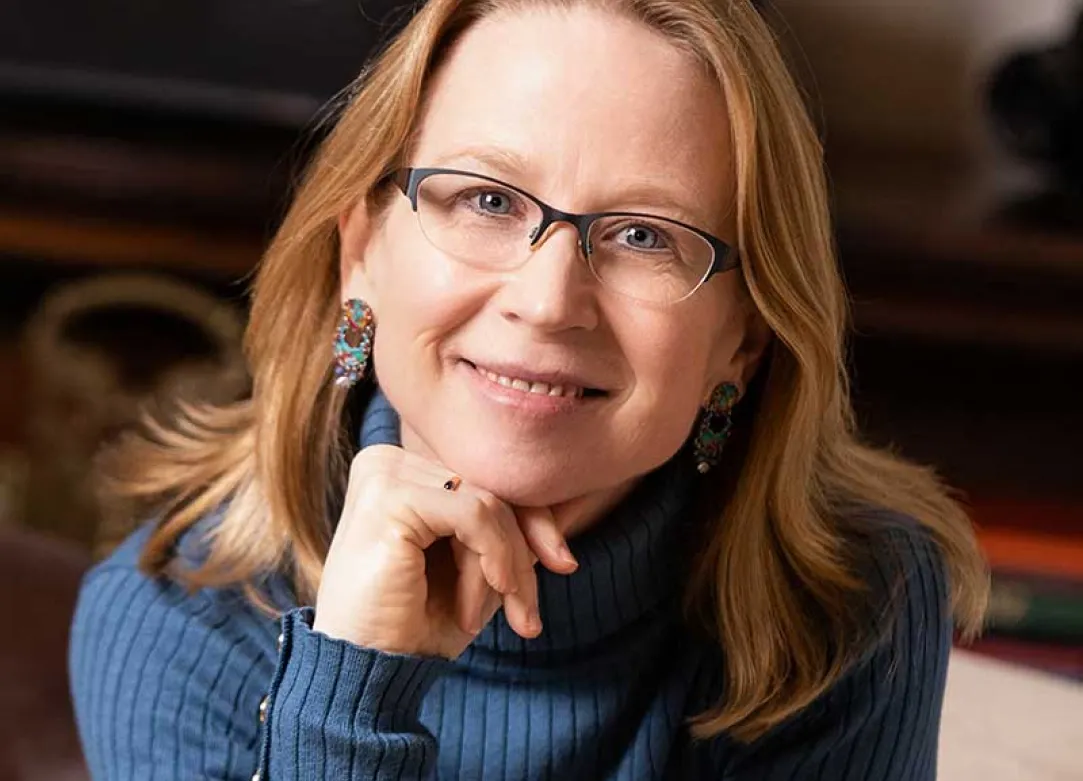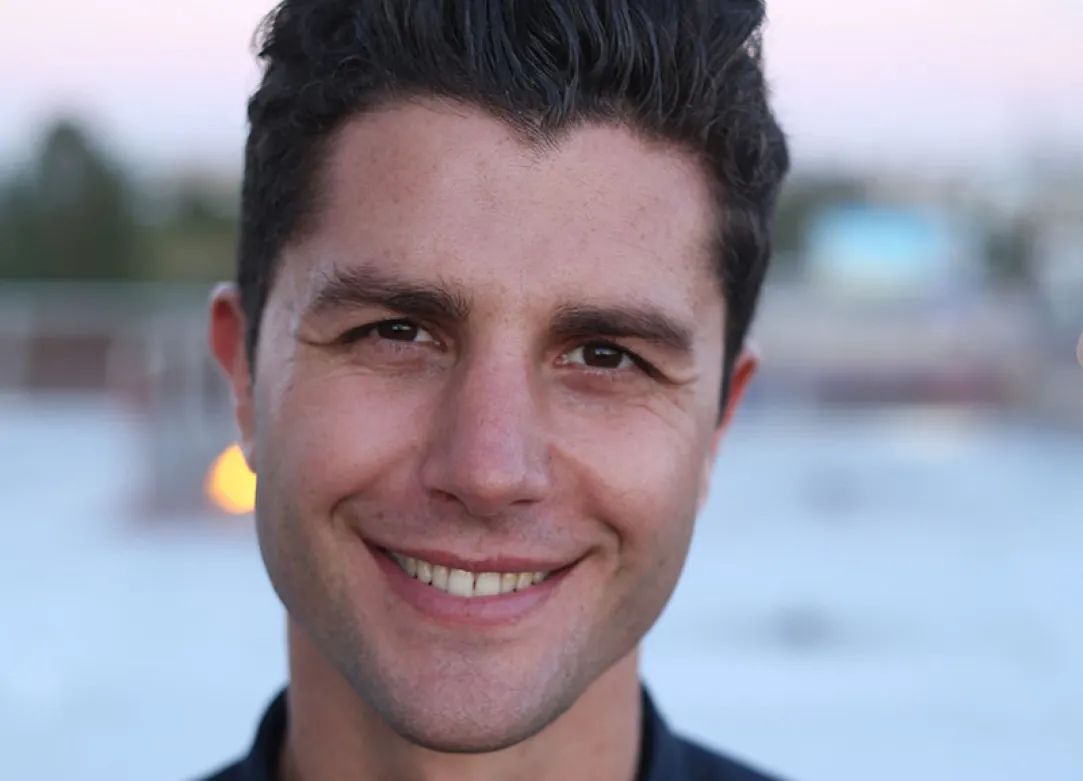Dr. Sugata Mitra's wish is to build a School in the Cloud, where children can explore and learn from one another, using resources and mentoring from the cloud. His "Hole in the Wall" experiments have shown that, in the absence of supervision or formal teaching, children can teach themselves and each other if they're motivated by curiosity and peer interest.
In 1999, Mitra and his colleagues dug a hole in a wall bordering an urban slum in New Delhi, installed an Internet-connected PC, and left it there (with a hidden camera filming the area). What they saw was kids from the slum playing around with the computer and in the process learning how to use it and how to go online, then teaching each other.
The "Hole in the Wall" project demonstrates that, even in the absence of any direct input from a teacher, an environment that stimulates curiosity can cause learning through self-instruction and peer-shared knowledge. Mitra, who's now a professor of educational technology at Newcastle University (UK), calls it "minimally invasive education". His current research focuses on educational technology for remote and rural areas and the implementation of Self Organized Learning Environments (SOLEs) all over the world.
He is the author of "Beyond the Hole in the Wall: discover the power of self-organized learning" (2012), "The Hole in the Wall: self-organizing systems in education" (2006), and "Introduction to Multimedia Systems" (2002).
Dr. Mitra has been awarded multiple recognitions, including an honorary Ph.D by the Technical University of Delft (Netherlands), the Special Achievement Award by the ONG Learning Without Borders (2011), the Klingenstein Award (2011), the European Corporate Learning Award (2012), and the TED Prize (2013) - among others.
He has a PhD in Physics and is credited with more that 25 inventions in the area of cognitive science and educational technology. He was conferred the prestigious Dewang Mehta Award for Innovation in Information Technology in 2005.
Since the 1970s, Sugata's work has resulted in training and development of perhaps a million young Indians, among them some of the poorest children in the world. The resultant changes in the lives of people and the economy of the country can only be guessed at.






